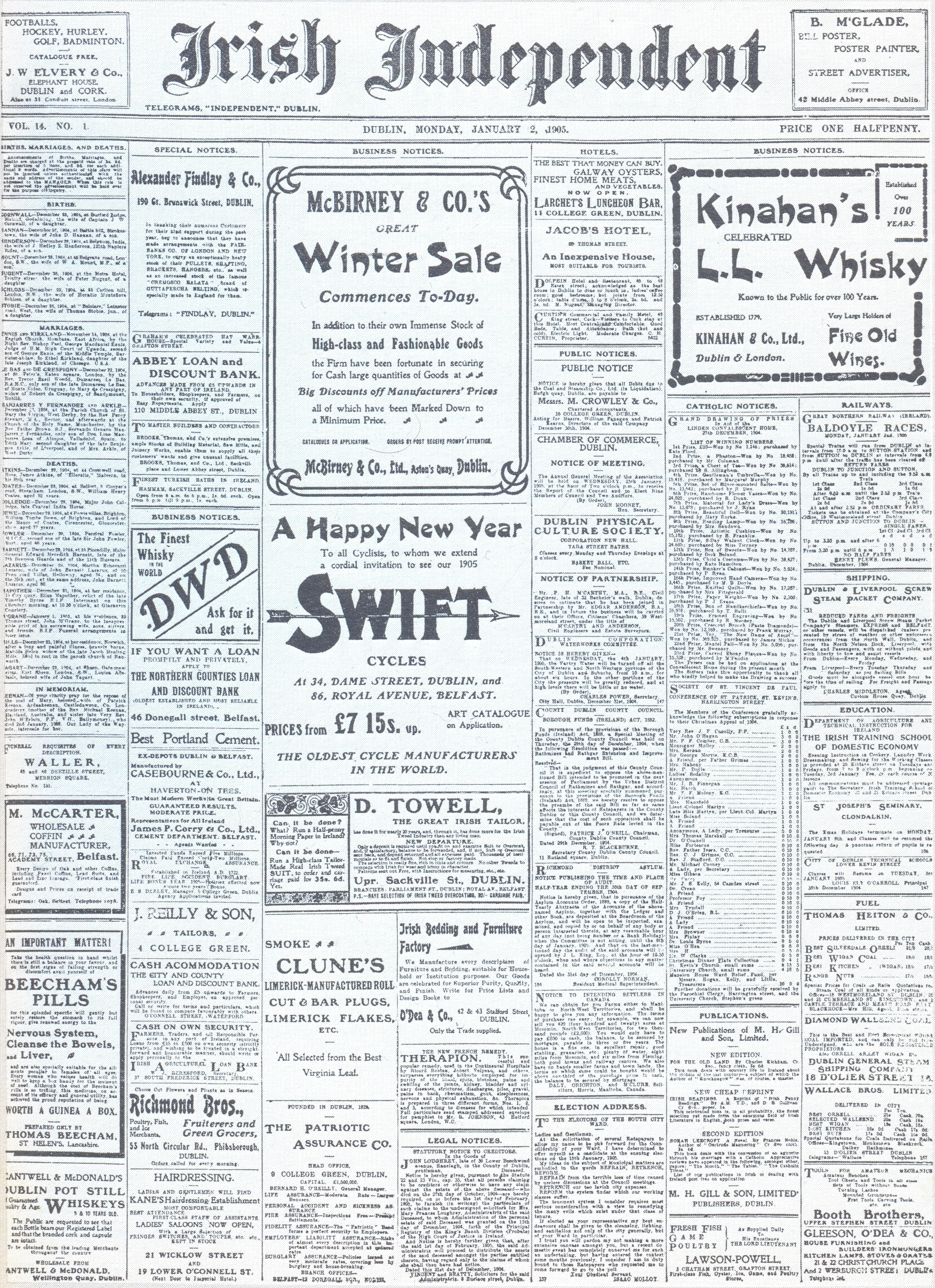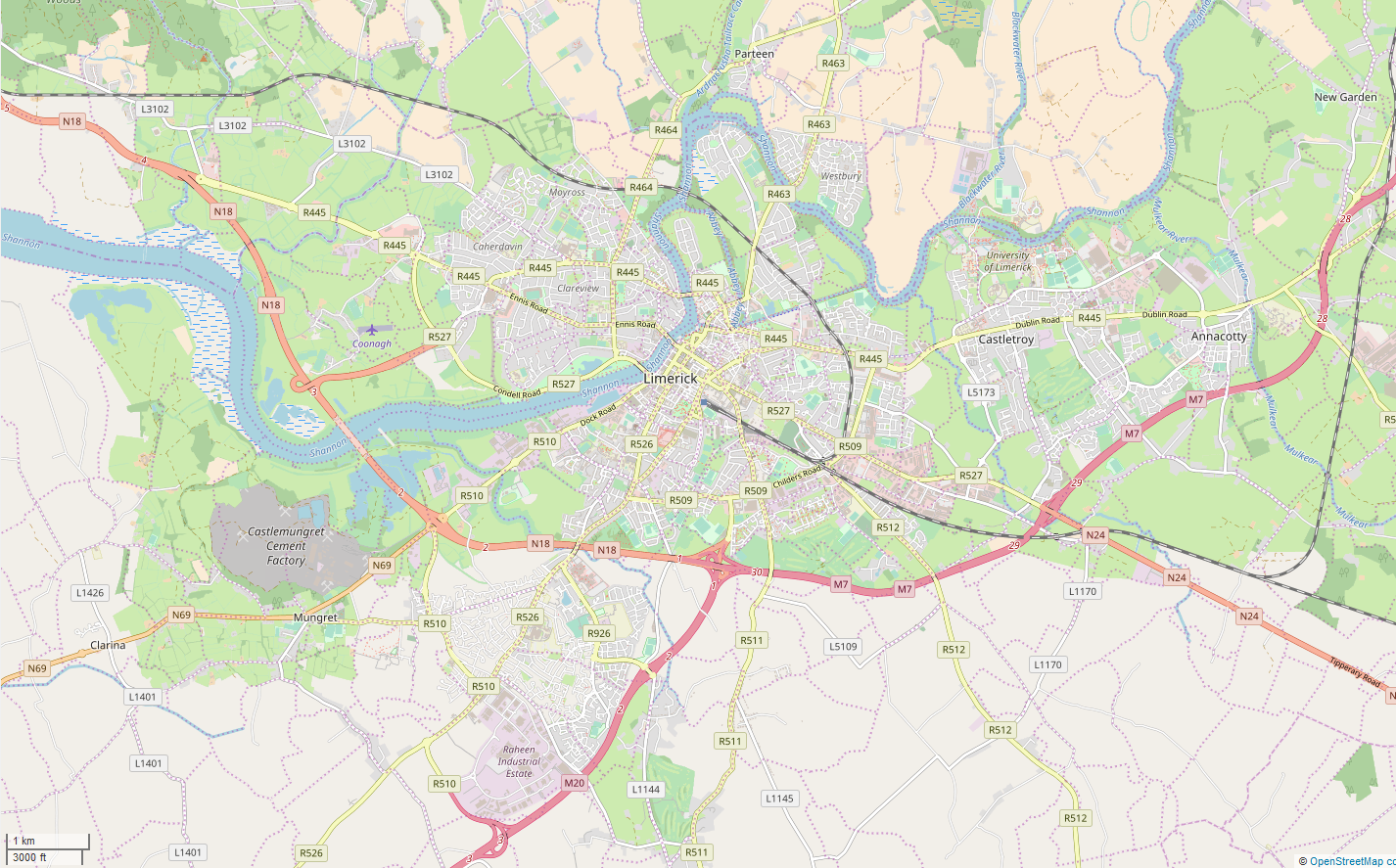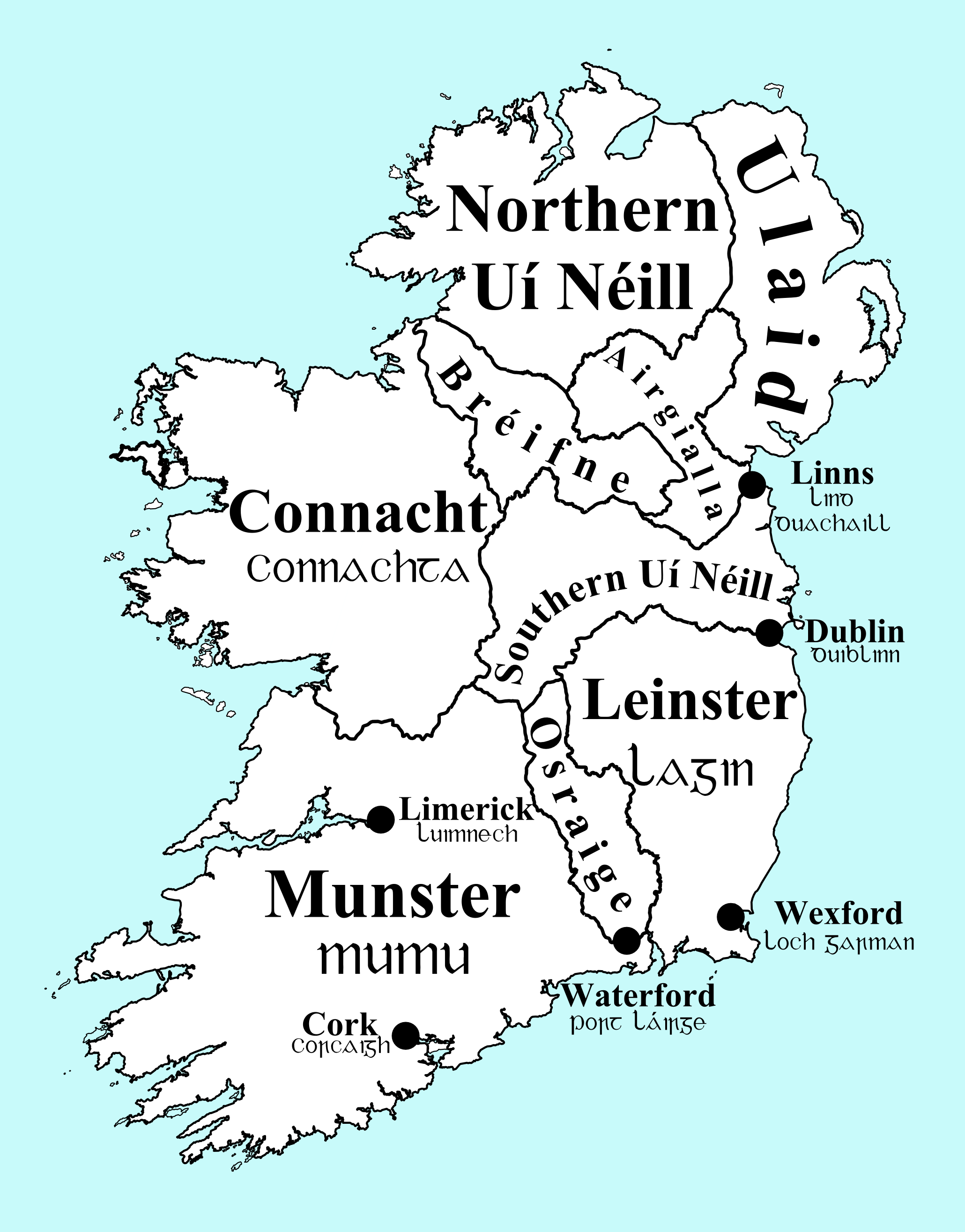|
Hewitt Poole Jellett
Hewitt Poole Jellett (5 January 1825- 19 March 1911) was an Irish barrister and judge. He is notable for holding the office of Serjeant-at-law (Ireland) for more than twenty years until his death at the age of eighty-six.Hart p.123 He was born in Tullycorbet, County Monaghan, a younger son of the Reverend Morgan Jellett (died 1832), rector of the parish, and Harriette Townsend Poole, daughter of Hewitt Baldwin Poole of Mayfield, County Cork and Dorothea Morris. John Hewitt Jellett, Provost of Trinity College Dublin, was his elder brother.''Irish Independent 20 March 1911'' He went to school in Edgeworthstown, County Longford, and entered Trinity College, Dublin in 1840, when he was still only 15, graduating BA in 1846. He was called to the Bar in 1847 and took silk in 1864. He served as Chairman of the Quarter Sessions for Queen's County (now County Laois) from 1865 to 1877, then returned to private practice at the Bar. He became a Bencher of the King's Inns in 1875: his portrai ... [...More Info...] [...Related Items...] OR: [Wikipedia] [Google] [Baidu] |
Judge
A judge is a person who presides over court proceedings, either alone or as a part of a panel of judges. A judge hears all the witnesses and any other evidence presented by the barristers or solicitors of the case, assesses the credibility and arguments of the parties, and then issues a ruling in the case based on their interpretation of the law and their own personal judgment. A judge is expected to conduct the trial impartially and, typically, in an open court. The powers, functions, method of appointment, discipline, and training of judges vary widely across different jurisdictions. In some jurisdictions, the judge's powers may be shared with a jury. In inquisitorial systems of criminal investigation, a judge might also be an examining magistrate. The presiding judge ensures that all court proceedings are lawful and orderly. Powers and functions The ultimate task of a judge is to settle a legal dispute in a final and publicly lawful manner in agreement with substantial p ... [...More Info...] [...Related Items...] OR: [Wikipedia] [Google] [Baidu] |
Quarter Sessions
The courts of quarter sessions or quarter sessions were local courts traditionally held at four set times each year in the Kingdom of England from 1388 (extending also to Wales following the Laws in Wales Act 1535). They were also established in Scotland, Ireland and in various other dominions of the British Empire. Quarter sessions generally sat in the seat of each county and county borough, and in numerous non-county boroughs (mainly, but not exclusively, ancient boroughs), which were entitled to hold their own quarter sessions''Whitaker's Almanack'' 1968, pp 465-6. (see below), although some of the smaller boroughs lost their own quarter sessions in 1951 (see below). All quarter sessions were abolished in England and Wales in 1972, when the Courts Act 1971 replaced them and the assizes with a single permanent Crown Court. In Scotland, they survived until 1975, when they were abolished and replaced by district courts and later by justice of the peace courts. The quarter ses ... [...More Info...] [...Related Items...] OR: [Wikipedia] [Google] [Baidu] |
Alumni Of Trinity College Dublin
Alumni (singular: alumnus (masculine) or alumna (feminine)) are former students of a school, college, or university who have either attended or graduated in some fashion from the institution. The feminine plural alumnae is sometimes used for groups of women. The word is Latin and means "one who is being (or has been) nourished". The term is not synonymous with "graduate"; one can be an alumnus without graduating ( Burt Reynolds, alumnus but not graduate of Florida State, is an example). The term is sometimes used to refer to a former employee or member of an organization, contributor, or inmate. Etymology The Latin noun ''alumnus'' means "foster son" or "pupil". It is derived from PIE ''*h₂el-'' (grow, nourish), and it is a variant of the Latin verb ''alere'' "to nourish".Merriam-Webster: alumnus .. Separate, but from the ... [...More Info...] [...Related Items...] OR: [Wikipedia] [Google] [Baidu] |
19th-century Irish Judges
The 19th (nineteenth) century began on 1 January 1801 ( MDCCCI), and ended on 31 December 1900 ( MCM). The 19th century was the ninth century of the 2nd millennium. The 19th century was characterized by vast social upheaval. Slavery was abolished in much of Europe and the Americas. The First Industrial Revolution, though it began in the late 18th century, expanding beyond its British homeland for the first time during this century, particularly remaking the economies and societies of the Low Countries, the Rhineland, Northern Italy, and the Northeastern United States. A few decades later, the Second Industrial Revolution led to ever more massive urbanization and much higher levels of productivity, profit, and prosperity, a pattern that continued into the 20th century. The Islamic gunpowder empires fell into decline and European imperialism brought much of South Asia, Southeast Asia, and almost all of Africa under colonial rule. It was also marked by the collapse of the large S ... [...More Info...] [...Related Items...] OR: [Wikipedia] [Google] [Baidu] |
Irish Independent
The ''Irish Independent'' is an Irish daily newspaper and online publication which is owned by Independent News & Media (INM), a subsidiary of Mediahuis. The newspaper version often includes glossy magazines. Traditionally a broadsheet newspaper, it introduced an additional compact size in 2004. Further, in December 2012 (following billionaire Denis O'Brien's takeover) it was announced that the newspaper would become compact only. History Murphy and family (1905–1973) The ''Irish Independent'' was formed in 1905 as the direct successor to ''The Irish Daily Independent and Daily Nation'', an 1890s' pro-Parnellite newspaper. It was launched by William Martin Murphy, a controversial Irish nationalist businessman, staunch anti-Parnellite and fellow townsman of Parnell's most venomous opponent, Timothy Michael Healy from Bantry. The first issue of the ''Irish Independent'', published 2 January 1905, was marked as "Vol. 14. No. 1". During the 1913 Lockout of workers, in ... [...More Info...] [...Related Items...] OR: [Wikipedia] [Google] [Baidu] |
William Hartigan (Irish Surgeon)
William Hartigan, MD, MRCSI (1756–1812), was an Irish surgeon. He was born in Dublin in 1756, was educated as a surgeon, and commenced to practice in Dublin about 1778. On 17 August 1780, he was elected a member of the Dublin Society of Surgeons, and on the incorporation of the surgeons as the Royal College of Surgeons in Ireland (RCSI) in 1784, Hartigan was elected a member. In 1789 he was appointed Professor of Anatomy in RCSI and he published a syllabus of lectures in 1796. He was appointed Professor of Surgery in RCSI in 1798. Hartigan was elected President of the Royal College of Surgeons in Ireland for the year 1797. He was later appointed Professor of Anatomy in Trinity College, Dublin University (TCD) and was subsequently appointed Professor of Anatomy in TCD. In Cameron's History of RCSI, Hartigan is described as " having a good presence and agreeable manners, he secured a considerable amount of popularity in his circle. With his pupils he was a favourite; on two o ... [...More Info...] [...Related Items...] OR: [Wikipedia] [Google] [Baidu] |
Surgeon
In modern medicine, a surgeon is a medical professional who performs surgery. Although there are different traditions in different times and places, a modern surgeon usually is also a licensed physician or received the same medical training as physicians before specializing in surgery. There are also surgeons in podiatry, dentistry, and veterinary medicine. It is estimated that surgeons perform over 300 million surgical procedures globally each year. History The first person to document a surgery was the 6th century BC Indian physician-surgeon, Sushruta. He specialized in cosmetic plastic surgery and even documented an open rhinoplasty procedure.Ira D. Papel, John Frodel, ''Facial Plastic and Reconstructive Surgery'' His magnum opus ''Suśruta-saṃhitā'' is one of the most important surviving ancient treatises on medicine and is considered a foundational text of both Ayurveda and surgery. The treatise addresses all aspects of general medicine, but the translator G. D. Si ... [...More Info...] [...Related Items...] OR: [Wikipedia] [Google] [Baidu] |
Limerick
Limerick ( ; ga, Luimneach ) is a western city in Ireland situated within County Limerick. It is in the province of Munster and is located in the Mid-West which comprises part of the Southern Region. With a population of 94,192 at the 2016 census, Limerick is the third-most populous urban area in the state, and the fourth-most populous city on the island of Ireland at the 2011 census. The city lies on the River Shannon, with the historic core of the city located on King's Island, which is bounded by the Shannon and Abbey Rivers. Limerick is also located at the head of the Shannon Estuary, where the river widens before it flows into the Atlantic Ocean. Limerick City and County Council is the local authority for the city. Geography and political subdivisions At the 2016 census, the Metropolitan District of Limerick had a population of 104,952. On 1 June 2014 following the merger of Limerick City and County Council, a new Metropolitan District of Limerick was formed within ... [...More Info...] [...Related Items...] OR: [Wikipedia] [Google] [Baidu] |
Pneumonia
Pneumonia is an inflammatory condition of the lung primarily affecting the small air sacs known as alveoli. Symptoms typically include some combination of productive or dry cough, chest pain, fever, and difficulty breathing. The severity of the condition is variable. Pneumonia is usually caused by infection with viruses or bacteria, and less commonly by other microorganisms. Identifying the responsible pathogen can be difficult. Diagnosis is often based on symptoms and physical examination. Chest X-rays, blood tests, and culture of the sputum may help confirm the diagnosis. The disease may be classified by where it was acquired, such as community- or hospital-acquired or healthcare-associated pneumonia. Risk factors for pneumonia include cystic fibrosis, chronic obstructive pulmonary disease (COPD), sickle cell disease, asthma, diabetes, heart failure, a history of smoking, a poor ability to cough (such as following a stroke), and a weak immune system. Vaccines to ... [...More Info...] [...Related Items...] OR: [Wikipedia] [Google] [Baidu] |
King's Inns
The Honorable Society of King's Inns ( ir, Cumann Onórach Óstaí an Rí) is the "Inn of Court" for the Bar of Ireland. Established in 1541, King's Inns is Ireland's oldest school of law and one of Ireland's significant historical environments. The Benchers of King's Inns award the degree of barrister-at-law necessary to qualify as a barrister be called to the bar in Ireland. As well as training future and qualified barristers, the school extends its reach to a diverse community of people from legal and non-legal backgrounds offering a range of accessible part-time courses in specialist areas of the law. King's Inns is also a centre of excellence in promoting the use of the Irish language in the law. History The society was granted a royal charter by King Henry VIII in 1541, 51 years before Trinity College Dublin was founded, making it one of Ireland's oldest professional and educational institutions. The founders named their society in honour of King Henry VIII of England a ... [...More Info...] [...Related Items...] OR: [Wikipedia] [Google] [Baidu] |
County Laois
County Laois ( ; gle, Contae Laoise) is a county in Ireland. It is part of the Eastern and Midland Region and in the province of Leinster. It was known as Queen's County from 1556 to 1922. The modern county takes its name from Loígis, a medieval kingdom. Historically, it has also been known as County Leix. Laois County Council is the local authority for the county. At the 2022 census, the population of the county was 91,657, an increase of 56% since the 2002 census. History Prehistoric The first people in Laois were bands of hunters and gatherers who passed through the county about 8,500 years ago. They hunted in the forests that covered Laois and fished in its rivers, gathering nuts and berries to supplement their diets. Next came Ireland's first farmers. These people of the Neolithic period (4000 to 2500 BC) cleared forests and planted crops. Their burial mounds remain in Clonaslee and Cuffsborough. Starting around 2500 BC, the people of the Bronze Age lived in Laois. Th ... [...More Info...] [...Related Items...] OR: [Wikipedia] [Google] [Baidu] |
Took Silk
In the United Kingdom and in some Commonwealth countries, a King's Counsel ( post-nominal initials KC) during the reign of a king, or Queen's Counsel (post-nominal initials QC) during the reign of a queen, is a lawyer (usually a barrister or advocate) who is typically a senior trial lawyer. Technically appointed by the monarch of the country to be one of 'His erMajesty's Counsel learned in the law', the position originated in England and Wales. Some Commonwealth countries have either abolished the position, or renamed it so as to remove monarchical connotations, for example, 'Senior counsel' or 'Senior Advocate'. Appointment as King's Counsel is an office, conferred by the Crown, that is recognised by courts. Members have the privilege of sitting within the inner bar of court. As members wear silk gowns of a particular design (see court dress), appointment as King's Counsel is known informally as ''receiving, obtaining,'' or ''taking silk'' and KCs are often colloquially call ... [...More Info...] [...Related Items...] OR: [Wikipedia] [Google] [Baidu] |







.jpg)

